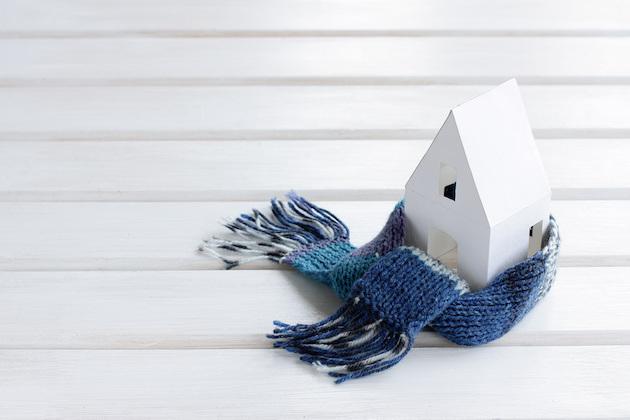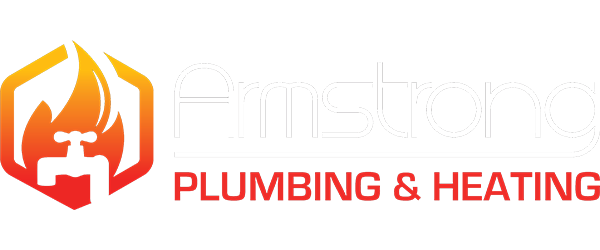When faced with household water or heating issues, knowing which professional to call can save you time and money. This guide will help you understand the distinct roles of plumbers and heating engineers, and determine which specialist you need for your specific situation.

Plumber vs Heating Engineer
What Does A Plumber Do?
Plumbers are specialists who focus on water-related systems in your home. They handle everything related to water supply, drainage, and sewage systems. A qualified plumber can address:
Pipe installation and repair: Plumbers fit and fix pipes for water supply, waste disposal, and drainage systems. They work with various materials such as copper, PVC, and steel.
Fixture installation: They install and connect sanitary fixtures like sinks, toilets, bathtubs, and showers, ensuring proper functionality and water-tightness.
Drainage solutions: Plumbers address blocked drains, using tools like plungers, drain snakes, or high-pressure water jets to clear obstructions.
Leak detection and repair: They locate and fix leaks in pipes, taps, and fixtures, preventing water damage and conserving resources.
Water heater services: Plumbers install, maintain, and repair water heaters, ensuring a reliable hot water supply.
Waste system management: They work on sewage and septic systems, ensuring proper waste disposal and preventing backups.
Plumbers often use specialised tools such as pipe wrenches, plungers, pipe cutters, and leak detection equipment. Their work requires a thorough understanding of local building codes and regulations to ensure compliance and safety.
What Does A Heating Engineer Do?
Heating engineers, also known as gas engineers, specialize in gas-powered systems and heating equipment. They are specifically trained and certified to work with:
Boiler installation and repair: They install new boilers, diagnose faults in existing ones, and perform repairs to ensure efficient operation.
Central heating system services: Heating engineers design, install, and maintain central heating systems, including radiators, pumps, and controls.
Underfloor heating: They specialise in the installation and maintenance of underfloor heating systems, both water-based and electric.
System efficiency optimisation: Heating engineers assess and improve the efficiency of heating systems, recommending upgrades or adjustments to reduce energy consumption.
Annual boiler servicing: They perform routine maintenance checks on boilers to ensure safe and efficient operation, complying with manufacturer guidelines and safety regulations.
Fault diagnosis: Using advanced diagnostic tools, they identify issues within heating systems and propose appropriate solutions.
Radiator services: Heating engineers balance radiator systems, replace faulty units, and perform power flushing to improve system efficiency.
It's important to note that heating engineers must be Gas Safe registered to legally work on gas appliances in your home.
When to Call Each Professional
A plumber is your go-to professional when you notice signs of water-related issues in your home. You should contact a plumber if you discover leaking pipes or fixtures throughout your house, or when drains and toilets become blocked and aren't functioning properly. Water pressure problems also fall under a plumber's expertise, as do any issues with hot water storage tanks. They're also the right choice for bathroom installation projects and when you spot concerning water stains appearing on your walls or ceilings.
On the other hand, a heating engineer is essential for different types of problems. They should be your first call when your boiler breaks down or starts making unusual noises that concern you. If you're experiencing cold radiators or noticing uneven heating throughout your home, a heating engineer can diagnose and fix these issues. They're also crucial for safety-related concerns such as gas leaks or unusual odors, and should be contacted immediately if your carbon monoxide alarm activates. Any issues with gas appliances fall under their jurisdiction, and they can investigate if you notice unexplained increases in your gas bills or spot water leaking from your boiler.
While there can be some overlap in services, particularly regarding hot water systems, the key distinction lies in gas-related work. If your issue involves gas appliances or heating systems, always choose a Gas Safe registered heating engineer. For water supply, drainage, or general plumbing issues, a qualified plumber is your best choice.
If you're unsure about which professional to contact, consider these questions:
- Does the problem involve gas appliances or heating?
- Is the issue related to water supply or drainage?
- Are there any safety concerns, such as gas smells?
When in doubt, contact a reputable plumbing and heating company that employs both types of professionals. They can assess your situation and assign the appropriate specialist for your specific needs.
Remember: For any gas-related issues, always ensure you're working with a Gas Safe registered engineer. This isn't just about quality service—it's a legal requirement and crucial for your safety.
We provide a comprehensive range of plumbing and heating services. Get in touch with our heating engineers in York by calling us on 01904 373075 and we'll be happy to help.


